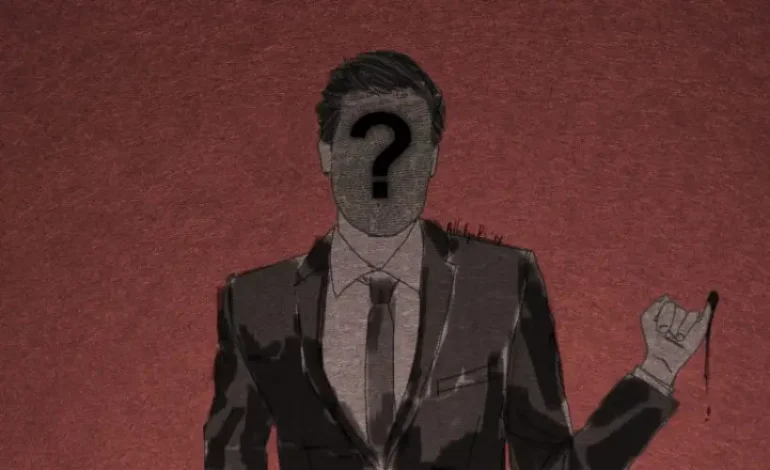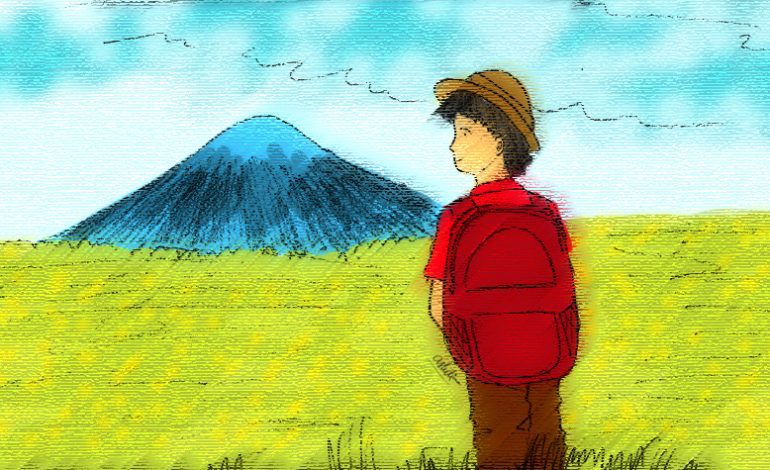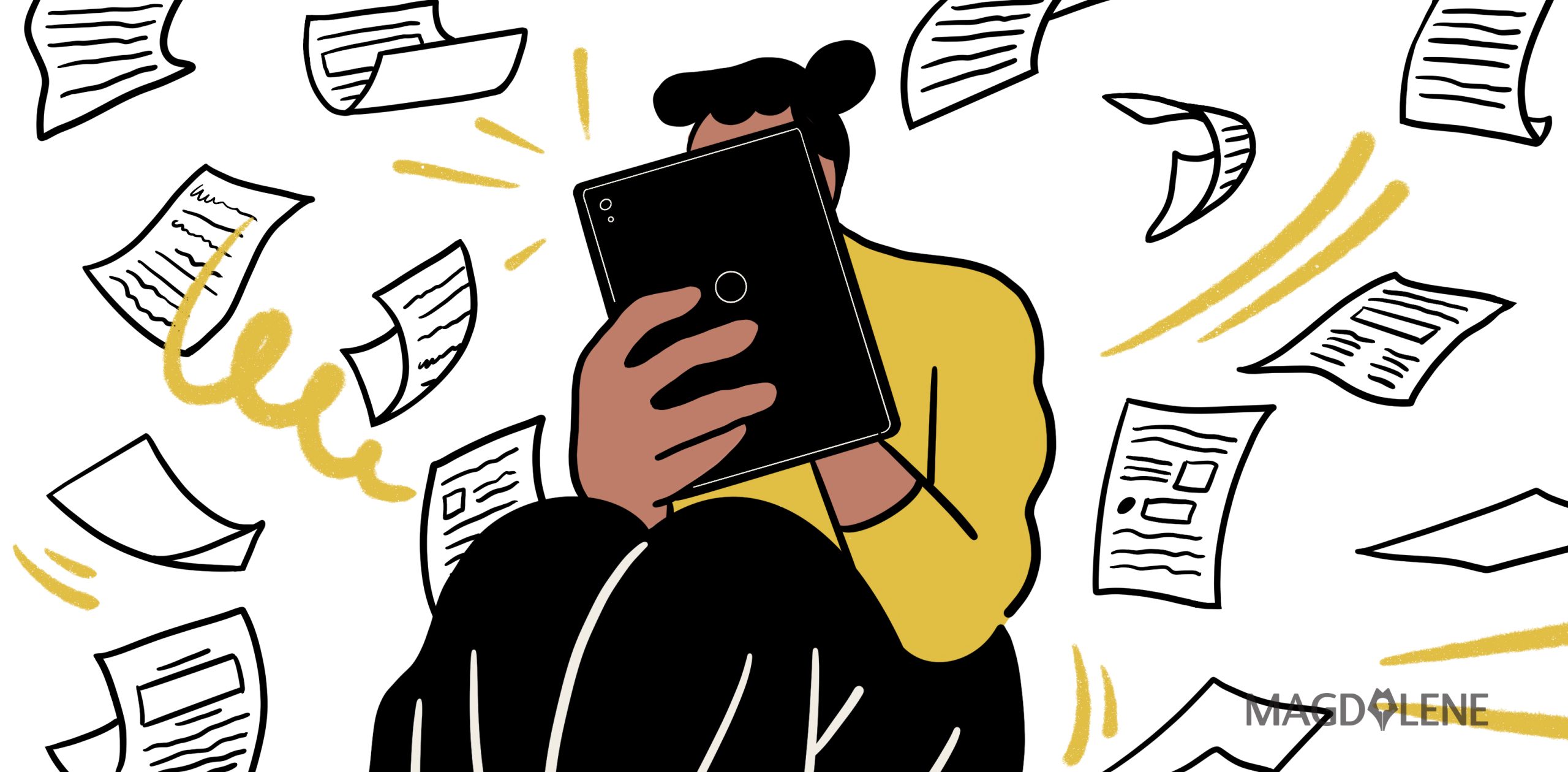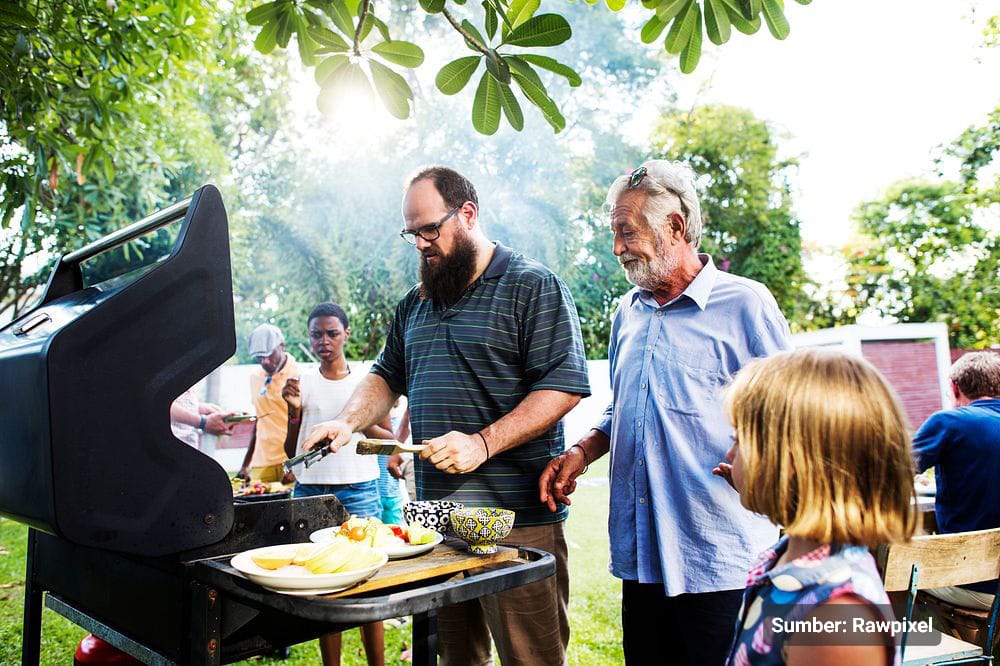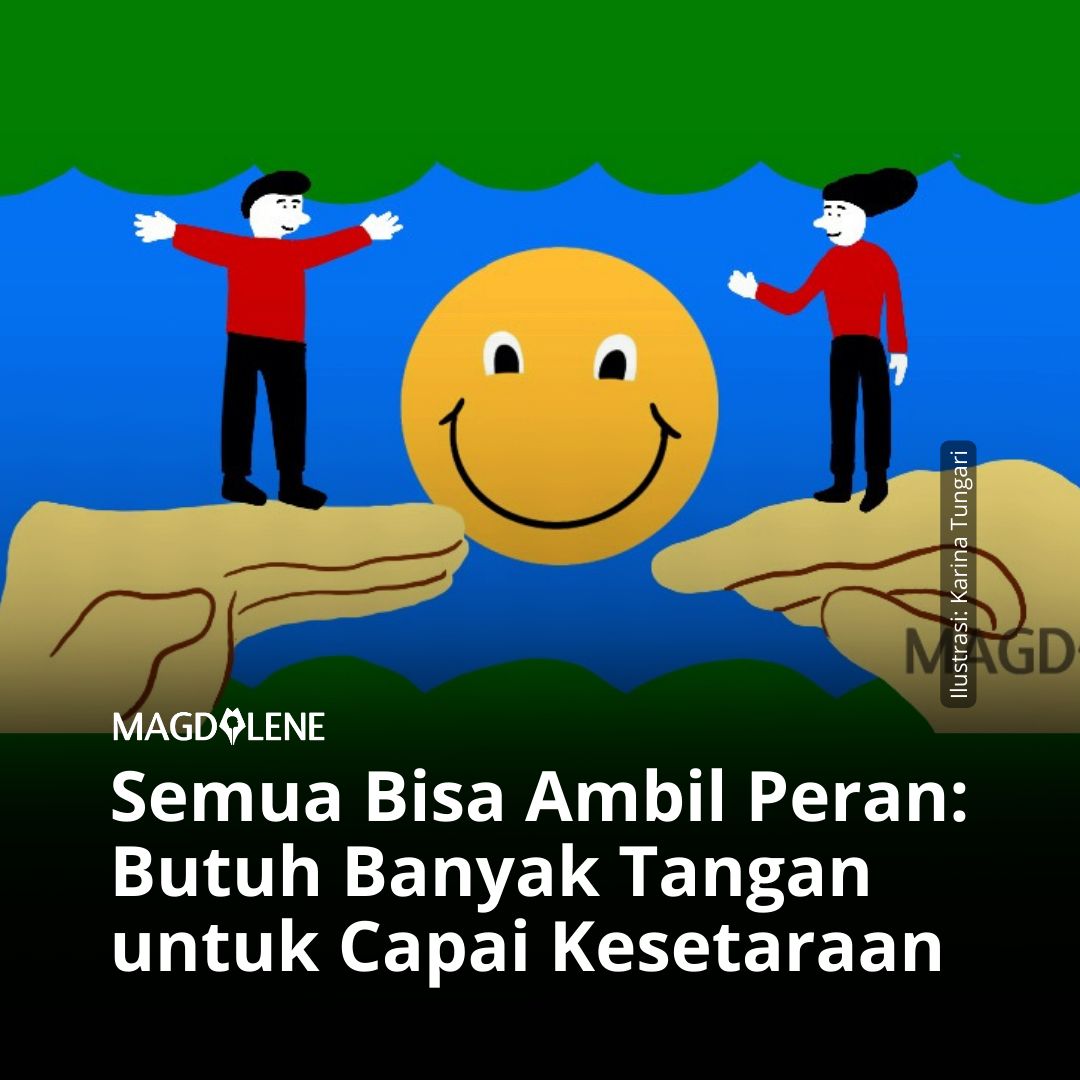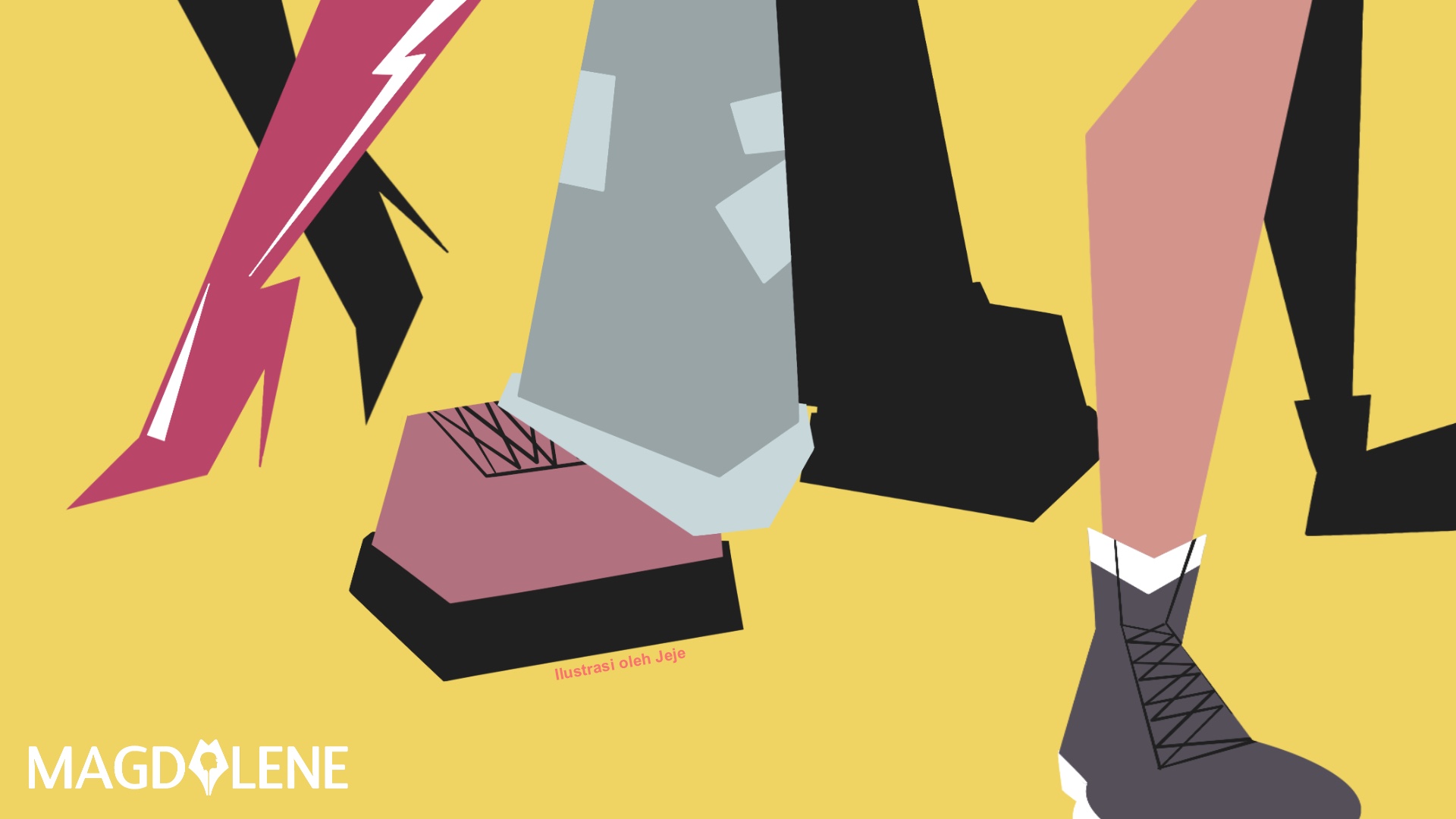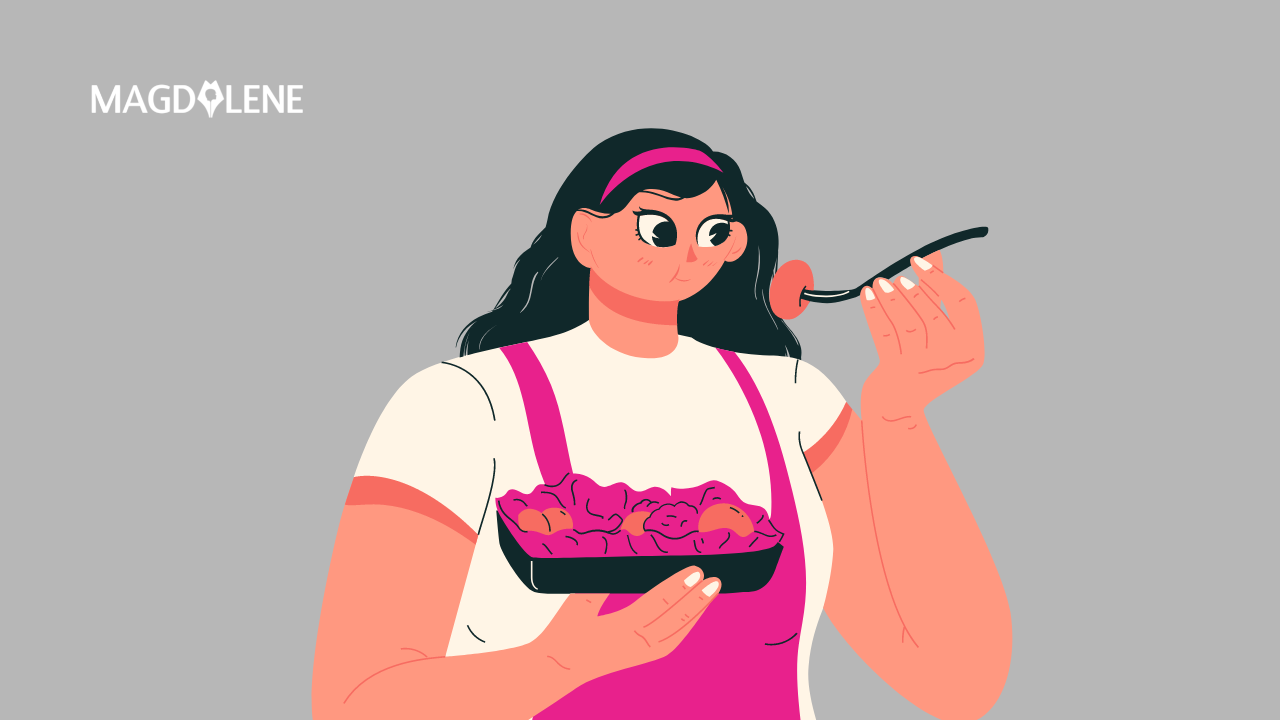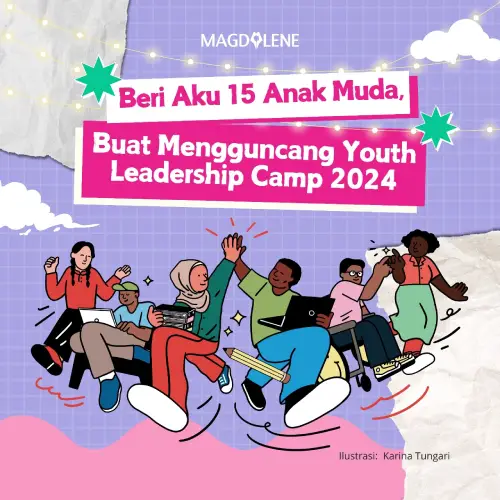Being Gay in Indonesia: A Country Report on LGBT Rights
A new report commissioned by UNDP and USAID presents how the Indonesian people and government treat the LGBT community.
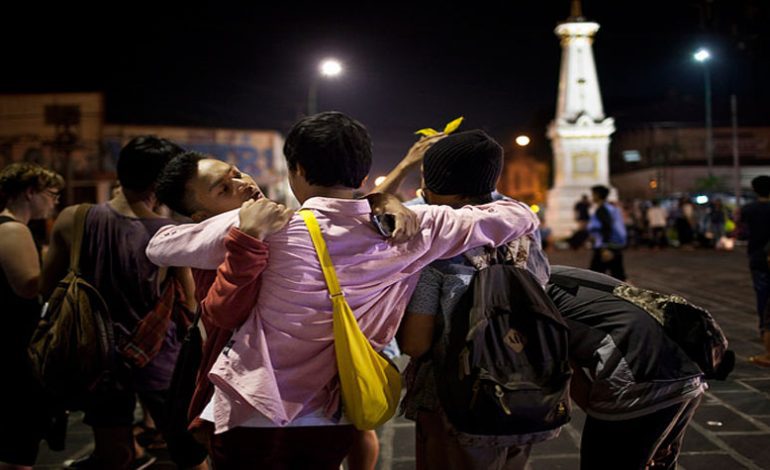
A 26-year-old transgender had to change her appearance so that she could work in a salon, while another one was badly assaulted by a gang of 20 people and was never taken to the hospital by the police who rescued her.
A 19-year-old gay man working as a health outreach worker had to move out of his boarding home after some of his neighbors reported him to the neighborhood unit chief.
A 23-year-old student at an Islamic teacher’s college was humiliated by his lecturer in front of his class and forced to recite the Quran for being effeminate. (“If he’s still feminine, let’s beat him up until he becomes sane,” his lecturer told the class).
A 32-year old lesbian faced being disowned by her family after being outed in the media, and was dragged to a Muslim cleric and a shaman to be “cured of the deviant disease”.
These are just some the haunting stories recorded in the first-ever comprehensive report on lesbian, gay, bisexual and transgender (LGBT) rights in Indonesia.
The report is a product of the Indonesia National LGBT Community dialogue held in June 2013 In Bali and organized by the United Nations Development Programme (UNDP) and the United States Agency for International Development (USAID).
Attending the dialog were 71 representatives of LGBT organizations, government agencies, human rights institutions, donor agencies, universities, legal aid organization and civil society organizations as well as religious leaders.
The result shows that discrimination against LGBT individual exists, especially to the more visible transgender. The document calls on the Indonesian government to recognize the existence of LGBT individuals and provide legal protections for their rights.
USAID Acting Mission Director Derrick Brown described the report as a “ground-breaking” work and praised Indonesians who lent their voices and expertise to the report.
UNDP Country Director, Beate Trankmann, said the reports reveals that LGBT individuals are often prevented from living meaningful lives and are denied opportunities that others take for granted.
“This takes a toll on the individual and the country as it prevents thousands of people from both contributing fully to the development of their country and from enjoying the benefits of development,” said Trankmann.
The report is part of a region-wise initiative conducted in Cambodia, China, Indonesia, Mongolia, Nepal, the Philippines, Thailand and Viet Nam.
Presenting the report, prominent gay rights activist Dede Oetomo said that for many, the biggest challenge actually takes place at home.
“For some of us, family is hell,” he said, citing the oft-heard stories of “father who tells your uncle to rape you because you’re a lesbian.”

Below is a summary of some of the report’s findings:
- The national laws generally do not recognize or support the rights for the LGBT people, although homosexuality is not criminalized. Neither marriage nor adoption by LGBT people is permitted. Homosexuality is criminalized in local ordinances that portray it as immoral behavior, although four out of five relevant ordinances do not state an explicit punishment.
- Discrimination against LGBT individuals in the workplace does not receive significant attention, and there is an absence of anti-discrimination laws as well as clear policies or statements that protect LGBT workers’ rights. Most discrimination is directed at transgender women, who face challenges with stable employment, prejudice, and housing; and in obtaining identity cards or maintaining their preferred gender in the cards.
- There is a contrast between those who are progressive and accepting of LGBT people and a much larger population who are generally ignorant of social orientation or gender identity issues. More challenges are found in conservative provinces dominated by Islamic and Christian teachings.
- Acceptance by families is limited by strong traditionalist cultural pressures to enter a heterosexual marriage and form a family, as well as conservative interpretations of religious texts.
- Health related information and resources for LGBT people are predominately related to HIV and Sexually Transmitted Infections. Sexual and reproductive services are aimed at heterosexual individuals. There is a need for counseling and attention to psychosexual and sexual well-being issues for all LGBT people, information and support for transgender people in relation to hormone therapy. There is also a need to expand and build on training for health workers to increase their sensitivity on LGBT issues and people.
- A general lack of education on sex and sexuality in schools, and on issues specifically related to LGBT sexuality, combined with a lack of information and guidance from parents, is harmful to the self-esteem of young LGBT people. Bullying of LGBT students is also of concern.
- There are a relatively large number of organizations in Indonesia: two national networks and 119 organizations in 28 out of the 34 provinces. They are active in health issues, publishing and organizing social and educational activities. But their access to funding sources is generally weak, with challenges in human resources and organizational management. Organizations face challenges in knowing how to legally register and organize activities in the face of violent opposition. They also lack official support and protection
- The Indonesian media’s coverage of the LGBT issues range from supportive to hostile.
To read the full report, please visit http://bit.ly/LGBTReport

Photos by Henri Ismail, Toto Santiko Budi, UNDP.

